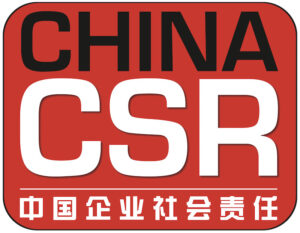Despite reports that there have been two mercury poisoning cases related to its Sprite product in the past three months, Beijing Coca-Cola has declared that no mercury was involved in the company's production process and the drink must have been poisoned by some unknown person.
On January 17, 2010, local Chinese media reports that a 13-year old boy named Wang Chen from Beijing's Tongzhou District was diagnosed with mercury poisoning after drinking a can of Coca-Cola's Sprite.
Wang, a student of Tongzhou No. 2 Middle School, fell sick after he drank a can of Sprite he bought from a supermarket near his school. Local media reported that Wang's skin turned sallow after he drank the soda which he described as tasting like jelly. The boy's father later found a bean-sized ball of mercury in the drink.
X-rays taken after he was sent to Beijing 307 Hospital show that there are "light bars" of about six centimeters long and with widths ranging from three millimeters to one centimeter in Wang's stomach.
The boy's father said that the boy admitted he had broken a mercury thermometer before drinking the Sprite, but the father also added that the total volume of mercury found in the boy's stomach and the remaining drink was far more than the standard mercury content of a thermometer.
The father told local media that he was informed by physicians that though there is no evidence showing that the mercury poisoning will damage the boy's organs, it is possible that it will harm his nervous system, and his kidneys, which may affect his parental prospects in adulthood.
A representative of Qiushouman Supermarket from which Wang bought the drink said that the goods they sell are all good quality ones and they are sourced from legitimate channels as they are intended to be purchased by students in the nearby school.
This is said to be the second mercury poisoning incident in Beijing since November 2009 when a consumer surnamed Zhang fell sick after drinking a can of Sprite in Xidan, with a production date of September 2009.
Chen Yi, the director of Coca-Cola's public relations department, told local media that no mercury is used in the company's production process and the company uses alcohol thermometers instead of mercury thermometers to prevent any possible mercury contamination. Chen says this poisoning is a rare case and it can be preliminarily determined that the mercury in the drink in question was added by someone maliciously. Chen apparently says that Coca-Cola will pay some medical fees for the boy but says this does not mean that the company is responsible for the mercury poisoning. Instead, it is just the normal care that the company shows for its customers.
Coca-Cola said it will cooperate with the police on further investigations.

